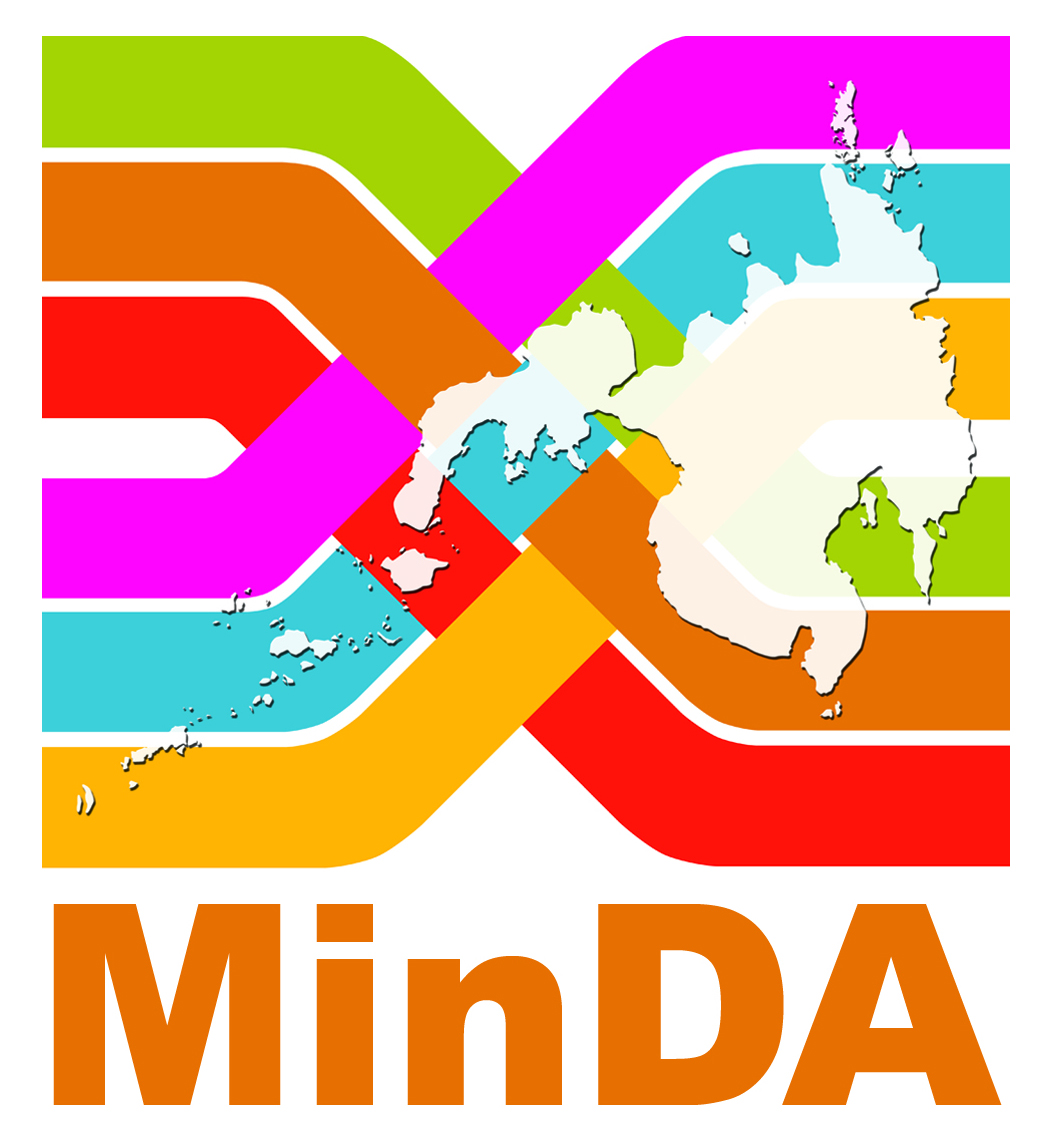The Multifaceted Role of Teachers
Socioeconomic Issue in Spotlight

Teachers have a crucial role in our society, serving more than just educators. They are community builders and a molding force of the nation, with the power to nurture the young generation that will shape society’s future. Their influence reaches beyond the classroom, shaping the nation's social, cultural, and economic landscape.
From September 5 to October 5, the country observes National Teachers’ Month by virtue of Presidential Proclamation 242 signed in 2011. This observance aims to raise awareness of teachers’ importance in Philippine society and national development. Based on Department of Education (DepEd) data, there are 876,842 teachers in school year 2020-2021. Many of them are in elementary schools (514,099), followed by junior high schools (288,687) and senior high schools (74,056).[1]
Although teachers are highly regarded in our society, they continue to face challenges. Public school teachers not only teach but also handle various nonteaching duties. David et al. (2019) discovered that public schools often lack proper support and administrative staff for teachers, leading them to carry out administrative tasks, which affect the quality of their teaching. These include “paperwork on seminars and training they are tasked to attend and additional designations in line with student guidance, budget, disaster response, and health” and participating in various government programs such as “mass immunizations, community mapping, conditional cash transfer, deworming, feeding, population census, antidrug, and election, among others”.
Despite the challenges, many still choose the teaching profession. A SEAMEO-Regional Center for Educational Innovation and Technology (SEAMEO-INNOTECH) (2021) publication explored teachers’ motivation for joining and remaining in the education system. The study found that teachers decided to stay to help students and contribute to society. Their passion lies in teaching, and they are proud that teachers are highly respected in their communities. They also find satisfaction in knowing they have important roles in improving the country and find meaning and fulfillment in their work. The majority expressed a deeply ingrained belief in the workings of a higher being, which made them stay. Teaching also provides a steady income to support their families’ needs and pay off loans. Their aspirations include salary increases proportional to the value of their work and promotions.
In terms of financial literacy, Amagante et al. (2023) revealed that Filipino teachers are more financially literate than the ordinary population. Their financial literacy is influenced by their household’s financial status, including income and expenses, and the educational level of teachers and their household members. Developing a healthy financial behavior by gaining financial literacy should start at a young age. This underscores the importance of having teachers with basic knowledge of financial concepts to teach their students effectively.
However, there is a need to increase the pool of qualified teachers. Generalao et al. (2022) noted the deteriorating quality of teachers based on the declining passing rates in the licensure examination for teachers (LET). They found that the overall passing rates for all LET takers are extremely low when the count includes the repeaters, and this only improves if the results from first-time takers are considered. Regional disparities in LET passing rates were also observed. Regions with poor LET performance, such as the Bangsamoro Autonomous Region in Muslim Mindanao and Zamboanga Peninsula, may face difficulties hiring skilled teachers to provide quality public education. Aside from budget constraints, the primary challenge lies in attracting top students to teacher education and keeping them in the field.
Education must align with technology’s continued advancement. Training teachers in the latest developments empowers them with the skills needed to perform their tasks effectively. A SEAMEO-INNOTECH (2023) policy note discovered that many teachers lack awareness of present-day technology-related issues like data privacy and ethical use of information (e.g., intellectual property and copyright), highlighting the need to fill training gaps in information and communications technology (ICT). Moreover, some institutions offer outdated technology courses. Digital citizenship is not fully integrated into the curriculum, exacerbated by the absence of guidelines for developing digital citizenship skills. Given that the training on ICT received by teachers and school heads has likely become outdated due to rapid changes in technology, further training is crucial to help them keep up with the latest trends and issues in ICT.
The Socioeconomic Research Portal for the Philippines (SERP-P) has a wealth of resources tackling teachers. Below are some of them:
- Pressures on Public School Teachers and Implications on Quality
- Policy Note: Exploring Teachers’ Whys
- Teacher Education in the Philippines: Are We Meeting the Demand for Quality?
- Policy Note: Digital Citizenship Competencies (DCC) Promotion Through ICT Training for Teachers and School Heads in the Philippines
- No Teacher Left Behind: Toward Improved Financial Education
For more studies, simply type “teachers”, “education”, and other related keywords in the Search box of the SERP-P website.
[1] https://www.deped.gov.ph/wp-content/uploads/2022/08/4-Data-Bits-Public-School-Teachers-Apr.pdf (accessed on August 23, 2023)


